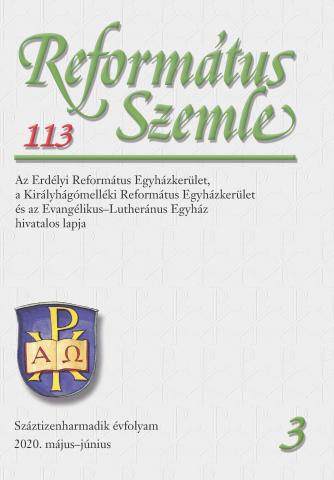A humanizmus az igei tudomány szolgálatában (III)
Humanism in the Service of Theology (III)
Author(s): Dezső BuzogánySubject(s): History of Church(es), Middle Ages, Higher Education , 16th Century, Biblical studies, Other Christian Denominations
Published by: Erdélyi Református Egyházkerület
Keywords: humanism; renaissance; reformation; theology; languages; education; gospel; message;
Summary/Abstract: First and foremost, the Protestantism sought to incorporate the first three disciplines of the seven liberal arts into the methodologies of scholarly theology and the curricula of school education. It also served the purpose of preparing seminary students for preaching the Word in their mother-tongue. Once they mastered the languages of the Two Testaments, dialectics (or logic) aided them in decoding the meaning (or the message) of the passage, while rhetorics guided them in composing a structurally sound sermon. (This threefold unity is still applied today in Hungarian theological education, albeit under a different name.) Dialectics is the foundation for the study of all sciences. Indeed, the potential benefits of certain scientific disciplines cannot be fully achieved without a thorough understanding of its principles. Therefore, as religious sermons are modelled after secular rhetoric, their structural features cannot be correctly assembled without resorting to the laws of philosophical dialectics.
Journal: Református Szemle
- Issue Year: 113/2020
- Issue No: 3
- Page Range: 266-275
- Page Count: 10
- Language: Hungarian

